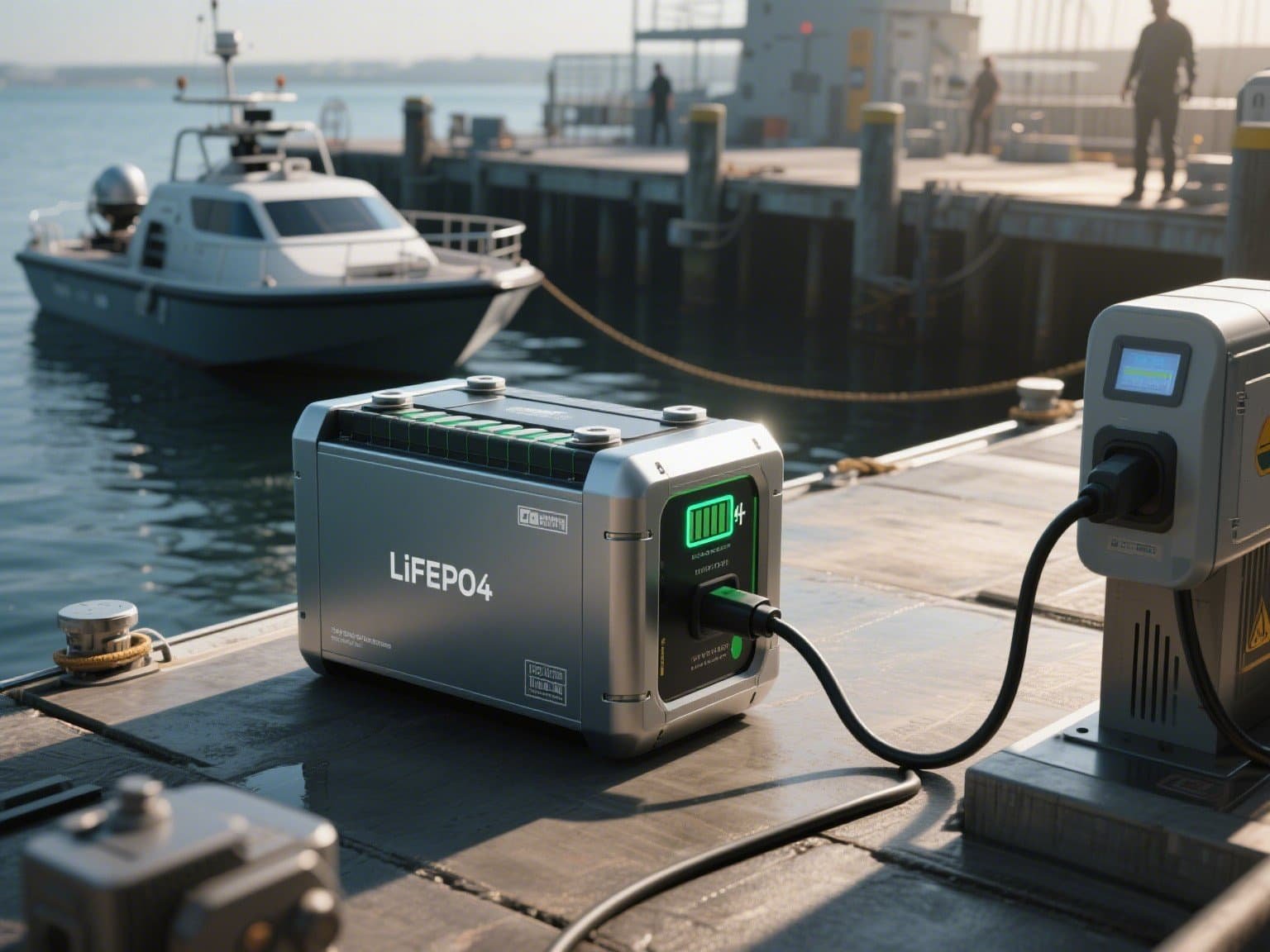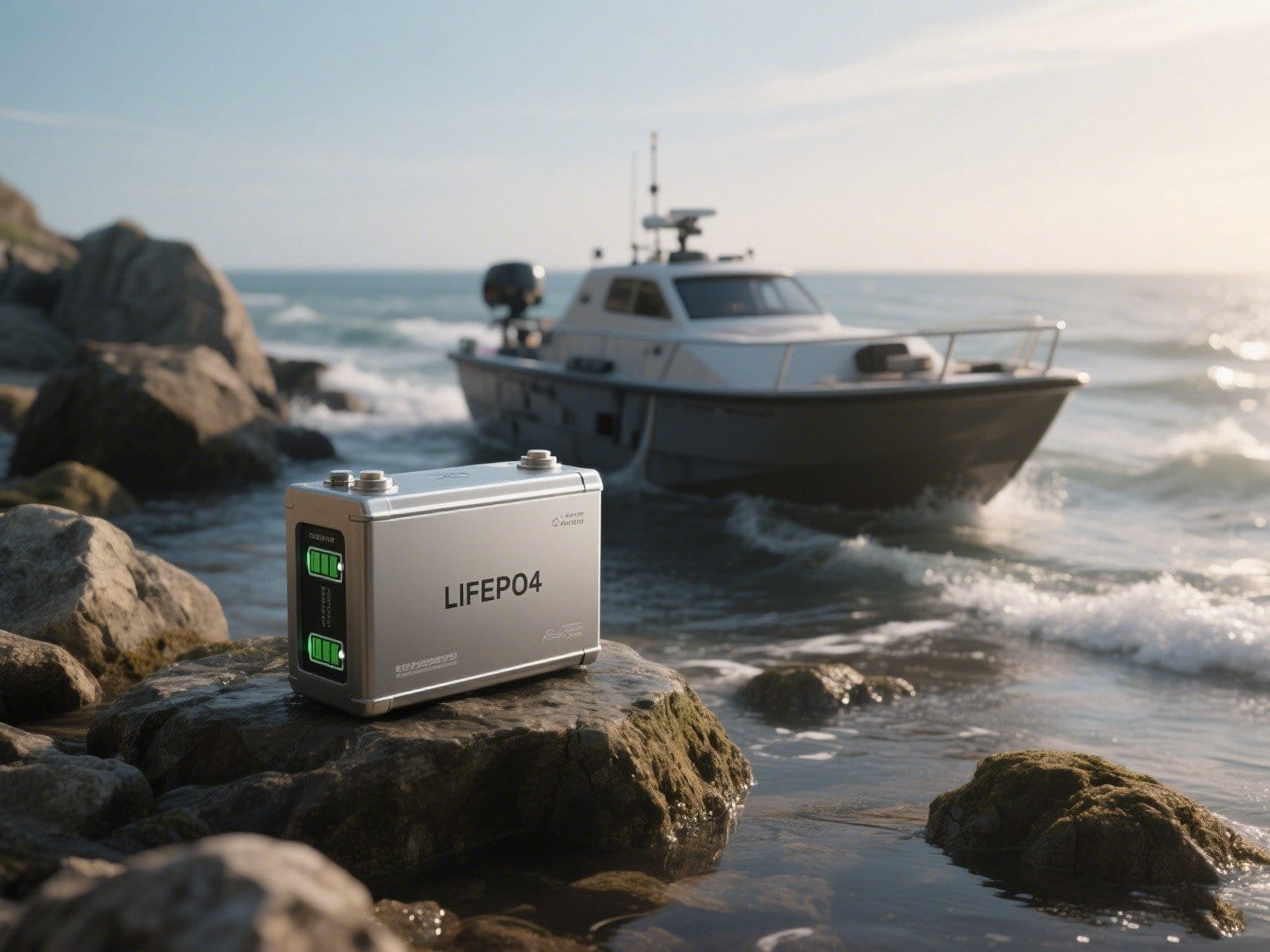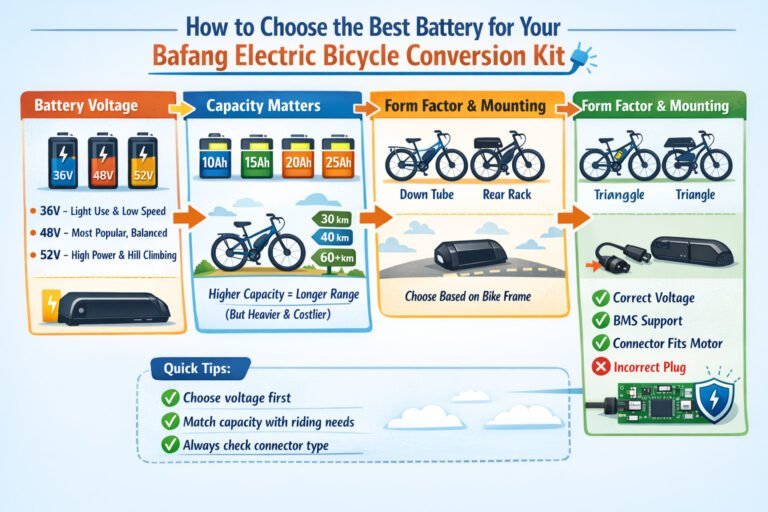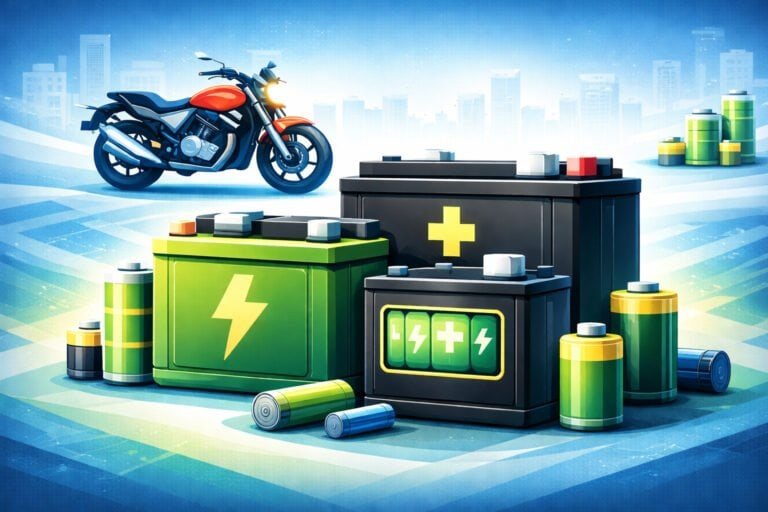As global demand for clean energy and efficient energy storage continues to rise, LiFePO4 batteries have rapidly become the preferred power solution across multiple industries, thanks to their superior safety, long cycle life, and eco-friendly properties. This article delves into the core advantages of LiFePO4 batteries and their wide-ranging applications in various devices.

Key Advantages of LiFePO4 Batteries
As a critical branch of lithium-ion batteries, LiFePO4 stands out due to its unique chemical structure:
Exceptional Safety: High thermal stability, resistant to decomposition at high temperatures, eliminating explosion risks.
Extended Lifespan: 2,000–5,000 charge cycles, far exceeding the 300–500 cycles of traditional lead-acid batteries.
Eco-Friendly: Free of heavy metals like cobalt and nickel, reducing pollution in production and recycling.
Wide Temperature Tolerance: Operates reliably in extreme climates, from -20°C to 60°C.
Wide-Ranging Applications of LiFePO4 Batteries
- New Energy Vehicle Industry
LiFePO4 batteries have become the core power source for electric vehicles (EVs), hybrid electric vehicles (HEVs), and electric buses. Leading automakers like Tesla and BYD have adopted this technology, particularly for commercial vehicles such as electric forklifts and logistics trucks, where battery stability and compact size are critical.
- Renewable Energy Storage Systems
In solar and wind power applications, LiFePO4 batteries are used in residential energy storage (e.g., Tesla Powerwall) and grid-scale energy storage stations, addressing intermittency issues and improving green energy utilization. Their long lifespan significantly reduces long-term storage costs.
- Consumer Electronics
High-end drones, power tools, and portable power stations (e.g., camping batteries) widely use LiFePO4 batteries to meet high-power output and fast-charging demands.
- Industrial & Medical Equipment
Industrial Use: Powers AGV robots, emergency lighting systems, and backup power for telecom base stations.
Medical Devices: Ensures reliable operation of portable medical equipment (e.g., defibrillators, ventilators) in critical situations.

- Marine & Aerospace Applications
Electric boats (e.g., yachts, ferries) and spacecraft auxiliary power systems are increasingly adopting LiFePO4 batteries due to their lightweight design and absence of memory effect.
About First Power (Yi zhan Battery)
[First Power (Yi zhan Battery)] is a leading lithium battery solutions provider, committed to delivering high-performance LiFePO4 battery products and customized services across industries, driving the transition to green energy.






